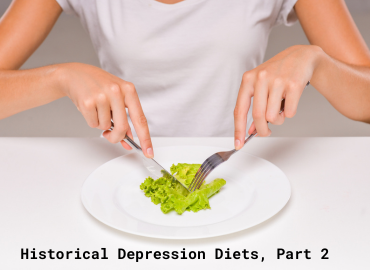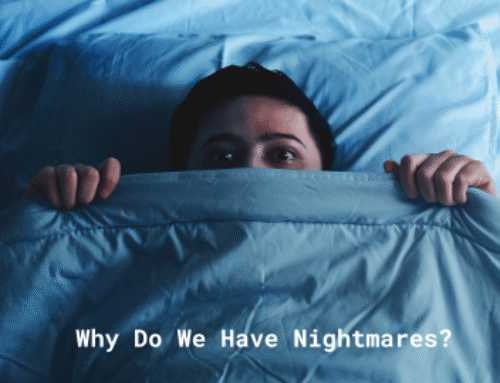Historical Depression Diets, Part 1
We live in an age where there are a myriad of choices when it comes to treating mental health. We have antidepressant medications, multiple types of talk therapy and behavioral therapy, devices like our NeuroStar TMS machines, and so much more. Today we ask, how did people through history treat depression?
It took many centuries for talk therapy to be normalized as a form of medicine, but therapy has existed in one form or another throughout the centuries, such as friend groups and time spent with clergy. However, a big part of treating disorders like depression and anxiety was done through diet. What was considered good for the body was good for the mind. For the most part, this holds true. People in ages past had some very interesting foods and drinks prescribed for them by the healers of their day. It is equally as fascinating to see what medicines have survived to this day.
Civilizations like ancient Greece and Rome believed that protein-rich foods were essential for mental fortification. People who were troubled by a low mood were advised to eat fish, organ meat, and eggs. Grapes were also given as an energy booster. Fatty fish like salmon gives us omega-3 acids which encourage brain growth, and grapes are a good source of hydration and fiber for better gut health.
In the Middle Ages, there was a woman called Hildegard von Bingen who was an abbess, scientist, and Catholic saint as of 2012. She wrote a considerable amount of literature on herbal remedies, and one particular recipe stands out. Her “cookies of joy” are made with whole wheat flour, water, and an abundant quantity of spices like cinnamon, nutmeg, and ginger.
These ingredients were supposed to balance the humors, clear the mind, and lend strength. Humor theory has long been put aside, but cinnamon is known to be good for blood sugar and has antioxidant properties as well. Ginger has anti-inflammatory properties, and both have a pleasant, bracing aroma. Nutmeg also has antioxidant properties but take care with the dosage. Large amounts are toxic.
In the Renaissance, the zeitgeist’s powerful fascination with cutting-edge science led to diet recommendations new and old. The ancient Greco-Roman recommendations of foods like fatty fish and eggs for mental health returned. Wine has also been used in one form or another as medicine for thousands of years, and the Renaissance displayed a renewed interest in medicinal wines like hippocras and clareya. Herbs like St. John’s Wort would be steeped in these wines to create therapeutic brews that would be given to people with depression and anxiety to calm
the mood and help clear the thoughts of the afflicted. St. John’s Wort is an over-the-counter
supplement that many believe has a beneficial effect on their mental health. The herb acts as a reup take inhibitor of dopamine, serotonin, and norepinephrine.
We’ll write more about historical depression diets in another post. It’s important to take a balanced look at history and hold it up against modern medical science to help us determine what we should put in our bodies. Choice is one of the beauties of the modern age. We can see specialists for controlled substances created in a lab, and we can also reach for the lavender essence and take a good long sniff. The objective is to find what works for you and makes you feel better in a healthful way. Always consult with your primary care physician before changing your diet or adding a supplement.
For a holistic look at your health, contact us to have a metabolic panel done. The brain is just
another part of the body, and it’s important to see how what goes on below the brain
influences the organ with which we think. Write to us on our website or call (585) 442-6960.




